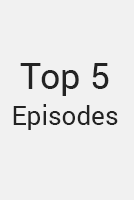Deeper Look from New York
(2020)Streaming Episode Guide

Season 2
Regaining US Economic Strength: Austan Goolsbee / Professor, University of Chicago Booth School
Episode 26 - 12-07-2021

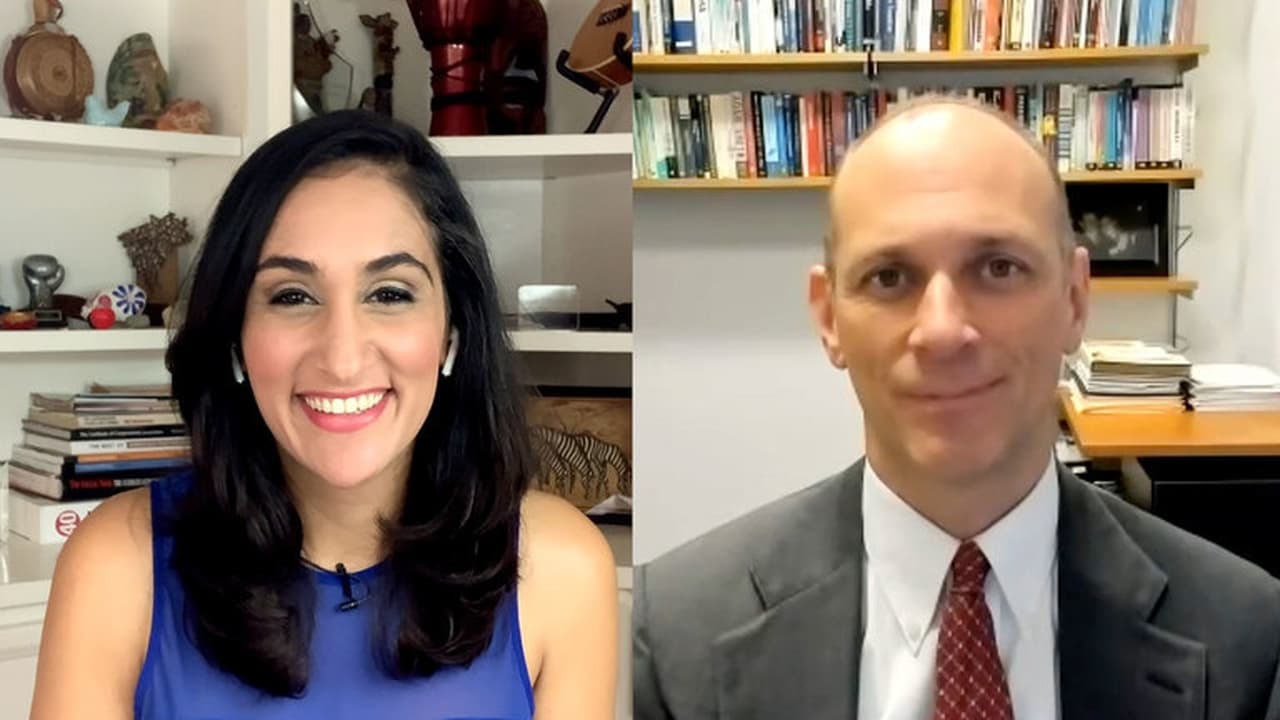
The Rise of Big Tech and Democracy: Jack Balkin / Professor of Law, Yale University
Episode 25 - 11-30-2021

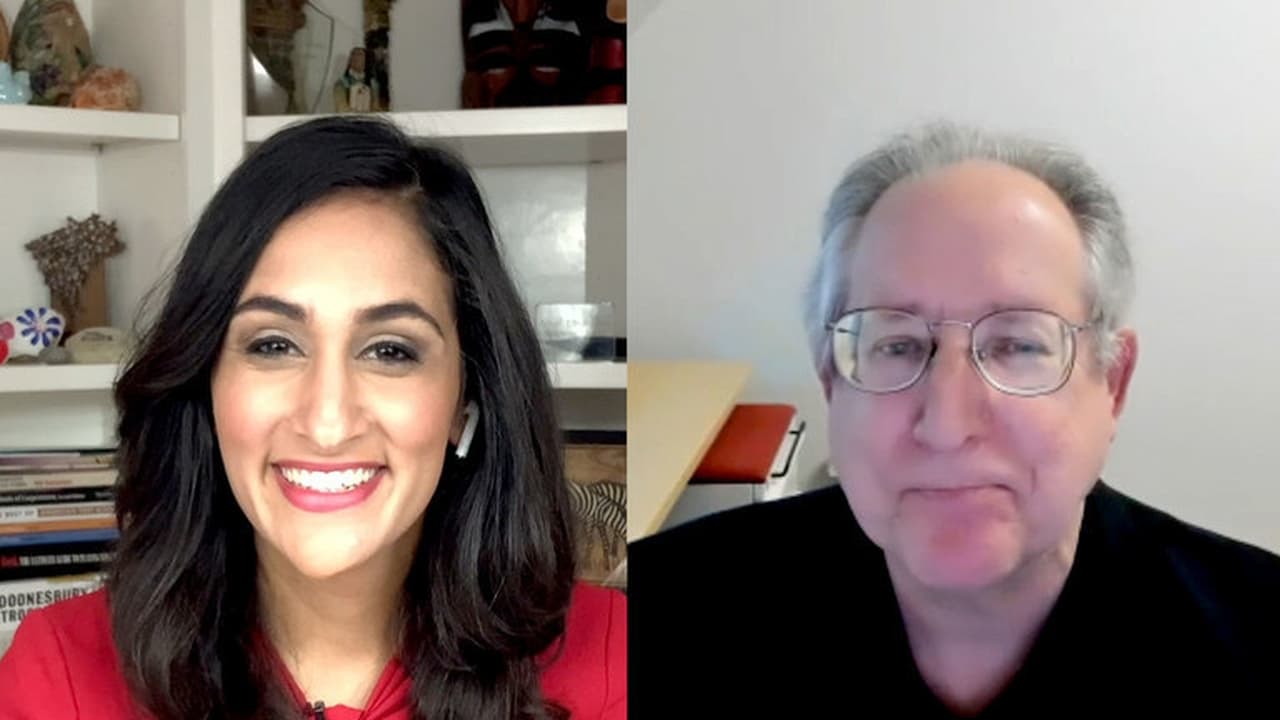
How Should We Regulate Social Media?: Jack Balkin / Professor of Law, Yale University
Episode 24 - 11-09-2021

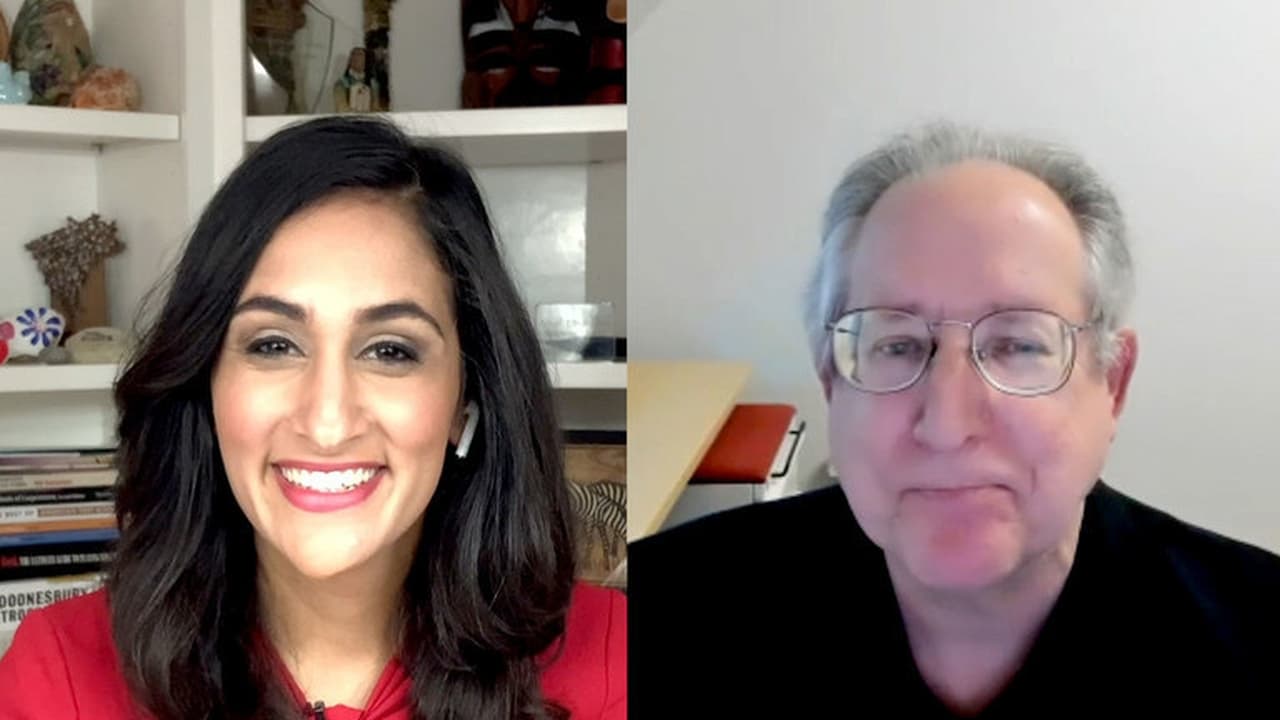
Impact of Racial Diversity in Media: Eddie Glaude Jr. / Professor of African American Studies, Princeton University
Episode 23 - 11-02-2021

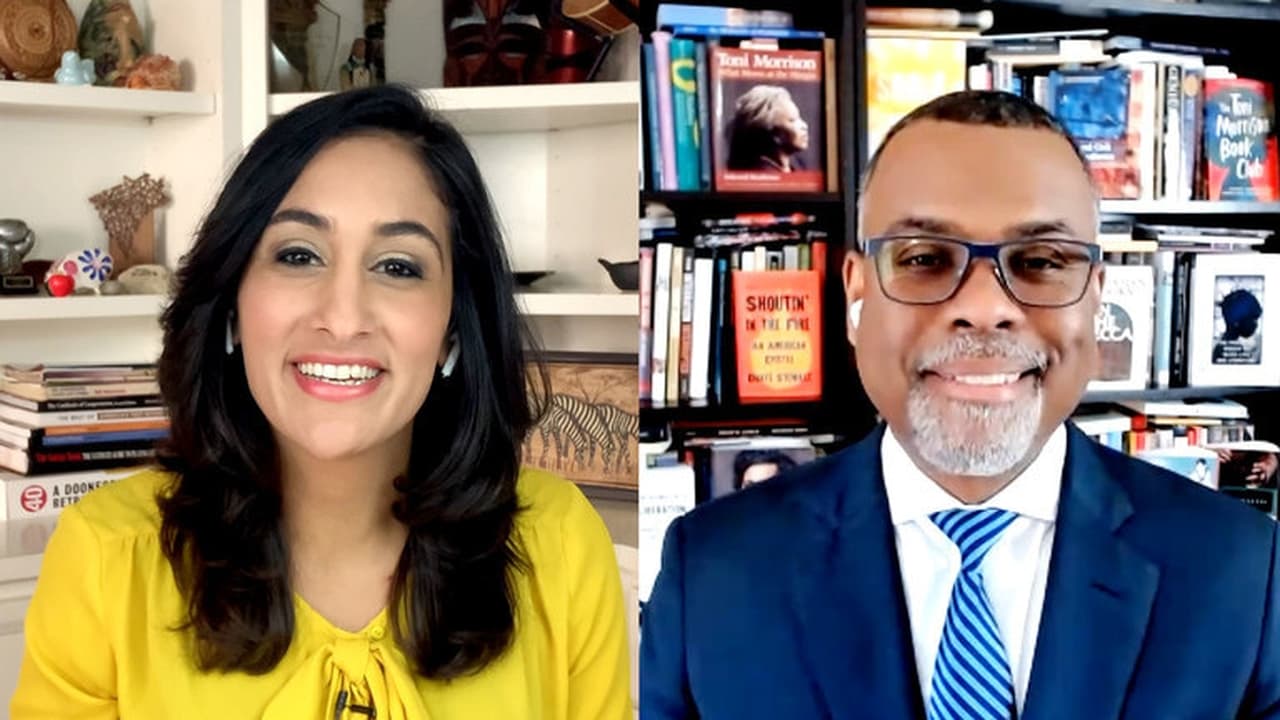
Climate Change as a Global Security Threat: Alice Hill / David M. Rubenstein Senior Fellow for Energy and Environment, Council on Foreign Relations
Episode 22 - 10-26-2021

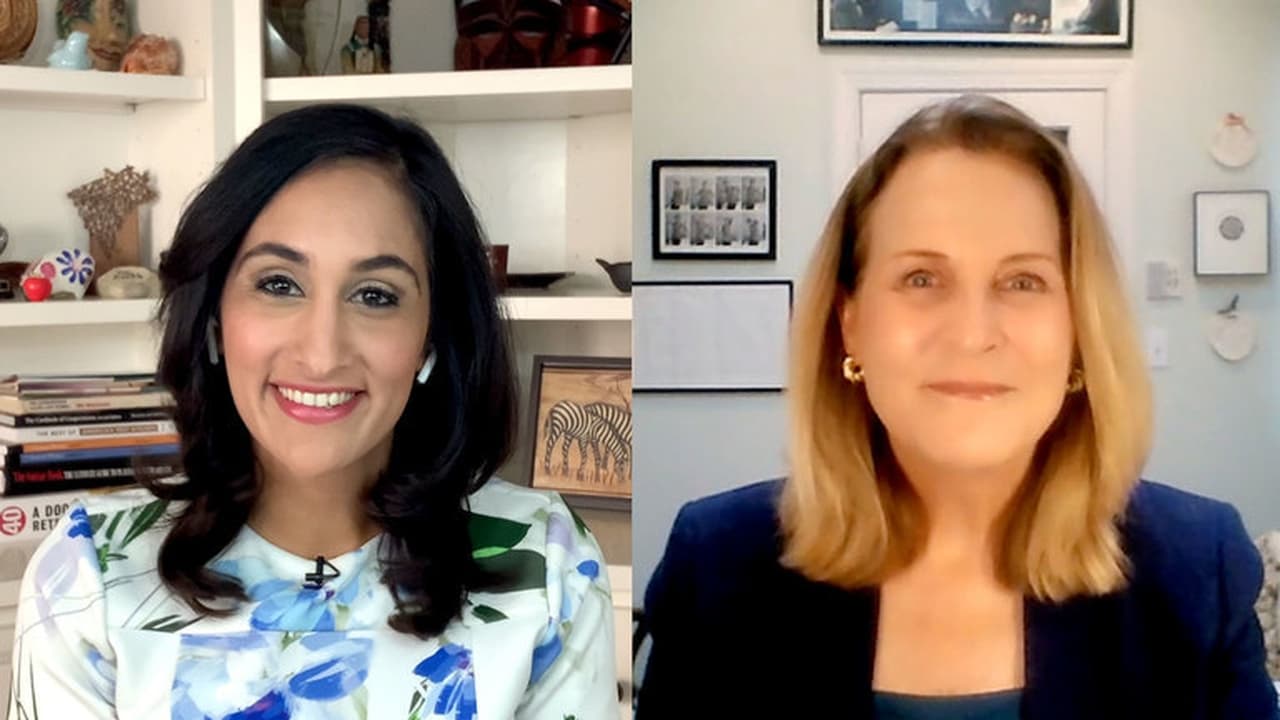
How Can We Adapt to Climate Change?: Alice Hill / David M. Rubenstein Senior Fellow for Energy and Environment, Council on Foreign Relations
Episode 21 - 10-19-2021

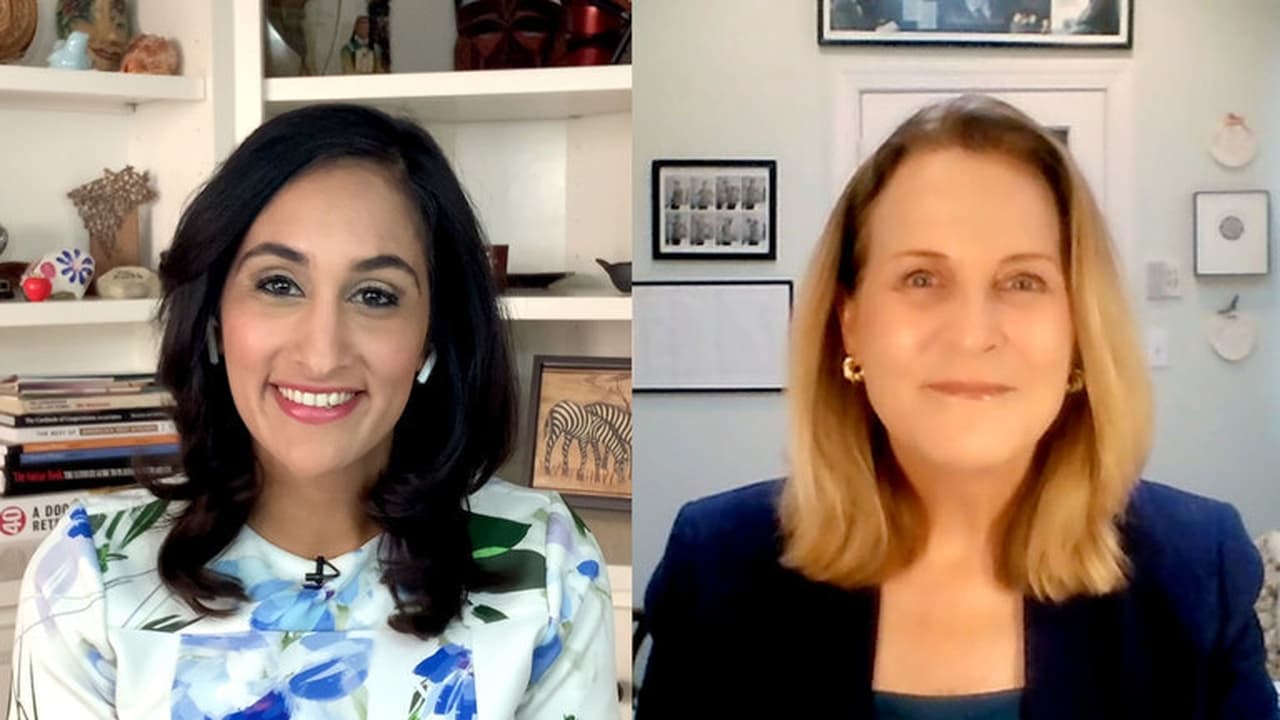
Is Your Child's Screen Time Too Much?: Nusheen Ameenuddin / Pediatrician, Mayo Clinic Children's Center/Chair, Council on Communications and Media, American Academy of Pediatrics
Episode 20 - 10-12-2021

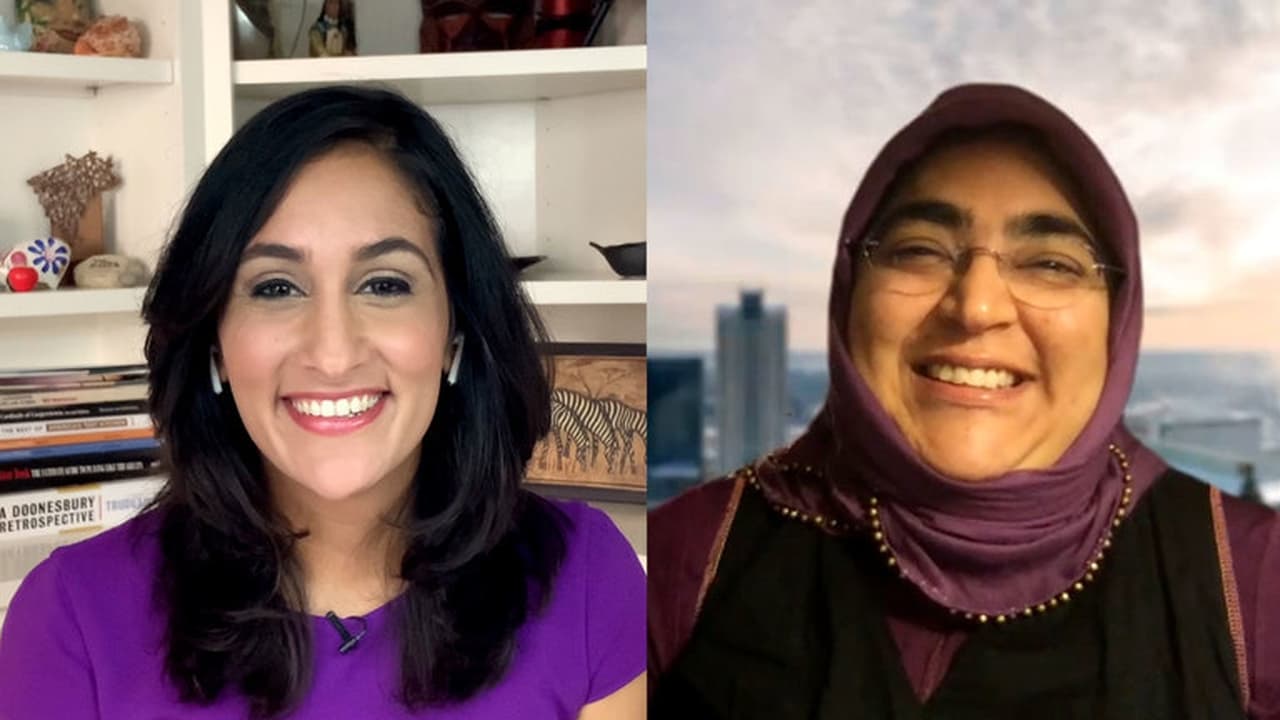
Reaffirming America's Credibility and Leadership: Richard Fontaine / Chief Executive Officer, Center for a New American Security
Episode 19 - 10-05-2021

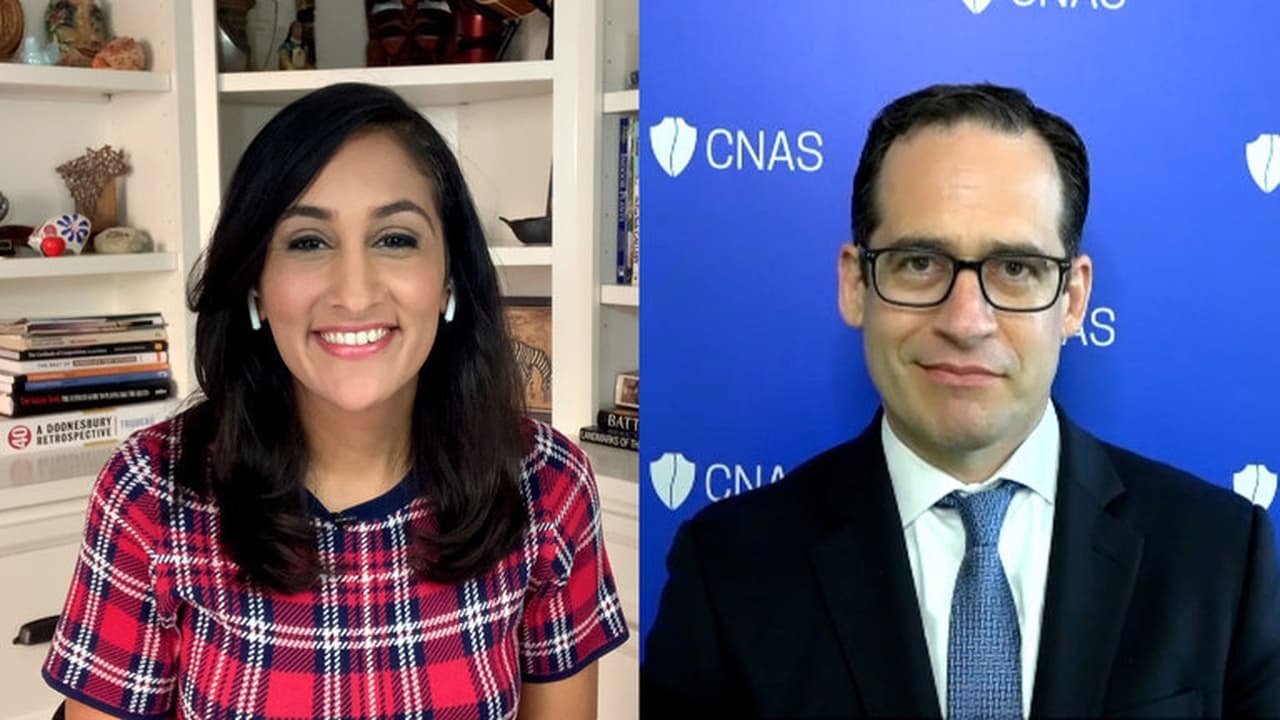
Dealing with Afghanistan Under the Taliban: Richard Fontaine / Chief Executive Officer, Center for a New American Security
Episode 18 - 9-28-2021

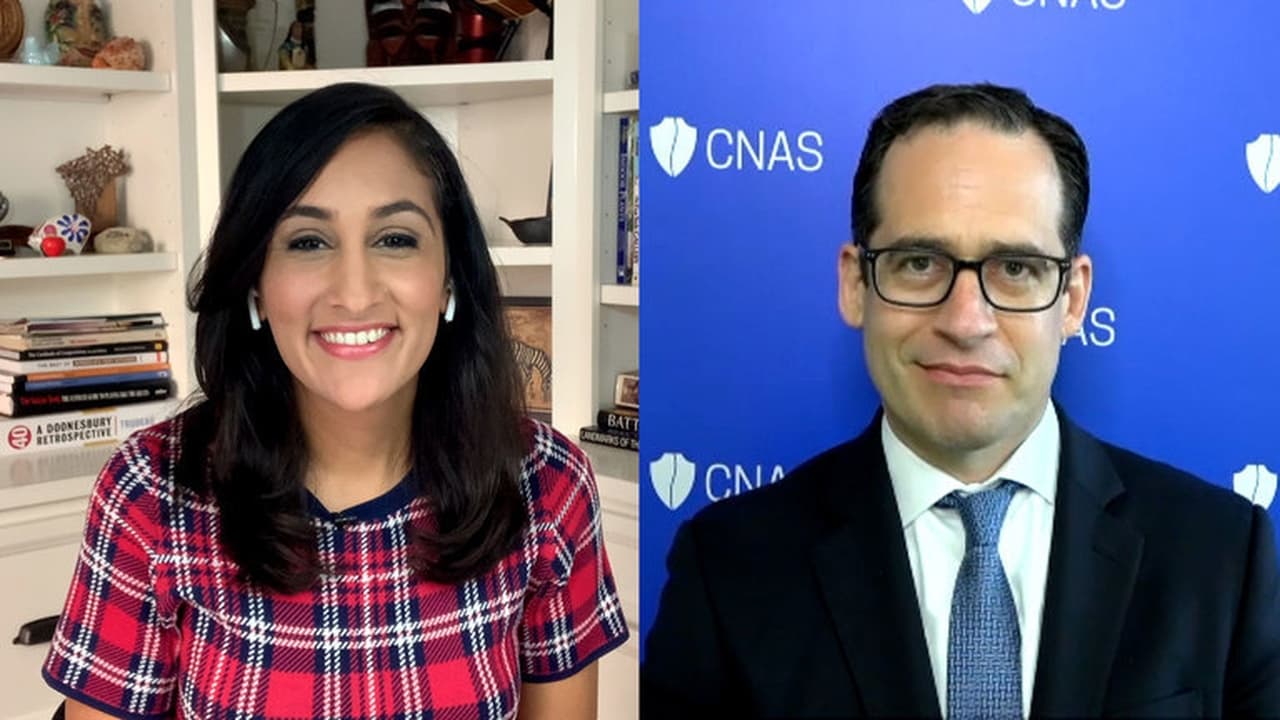
Broadway's Long-Awaited Return: Lee Seymour / Theater Producer, Writer, Senior Contributor for Forbes Magazine
Episode 17 - 9-07-2021

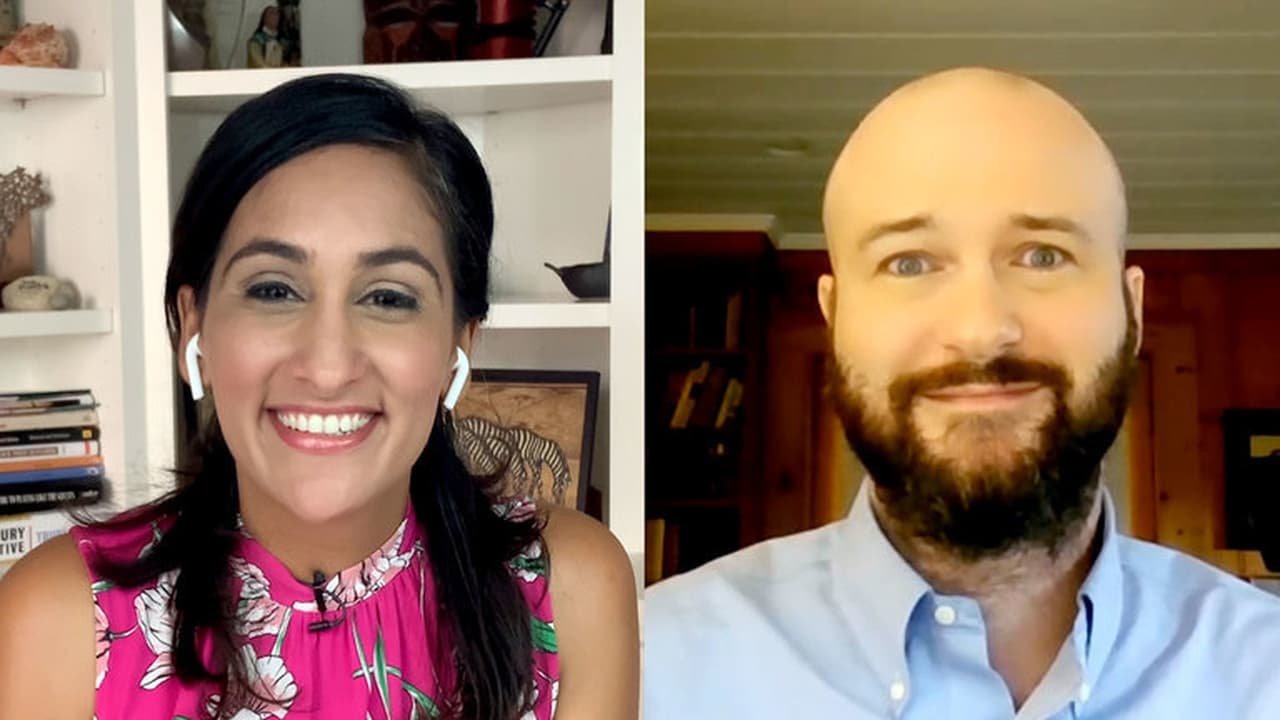
Seeking a Breakthrough on Gun Control: Robert Spitzer / Political Science Professor, State University of New York Cortland
Episode 16 - 8-24-2021

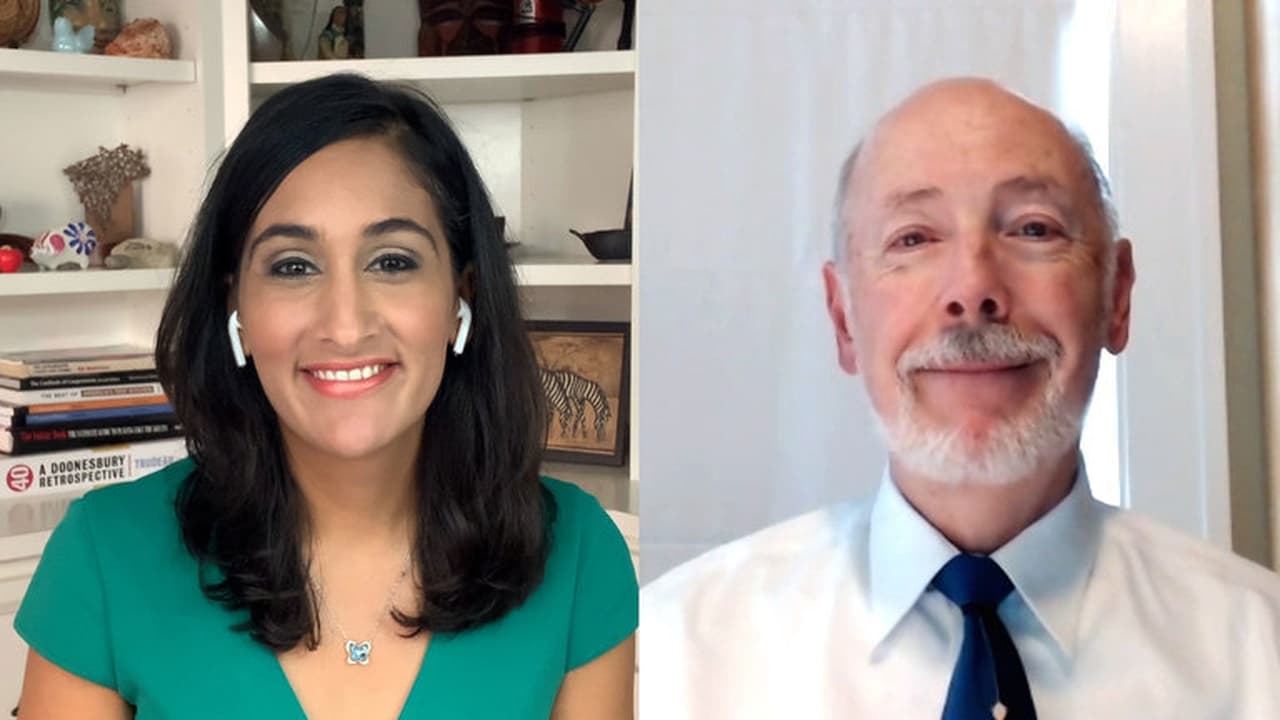
Tackling Gun Violence during the Pandemic: Robert Spitzer / Political Science Professor, State University of New York Cortland
Episode 15 - 8-17-2021

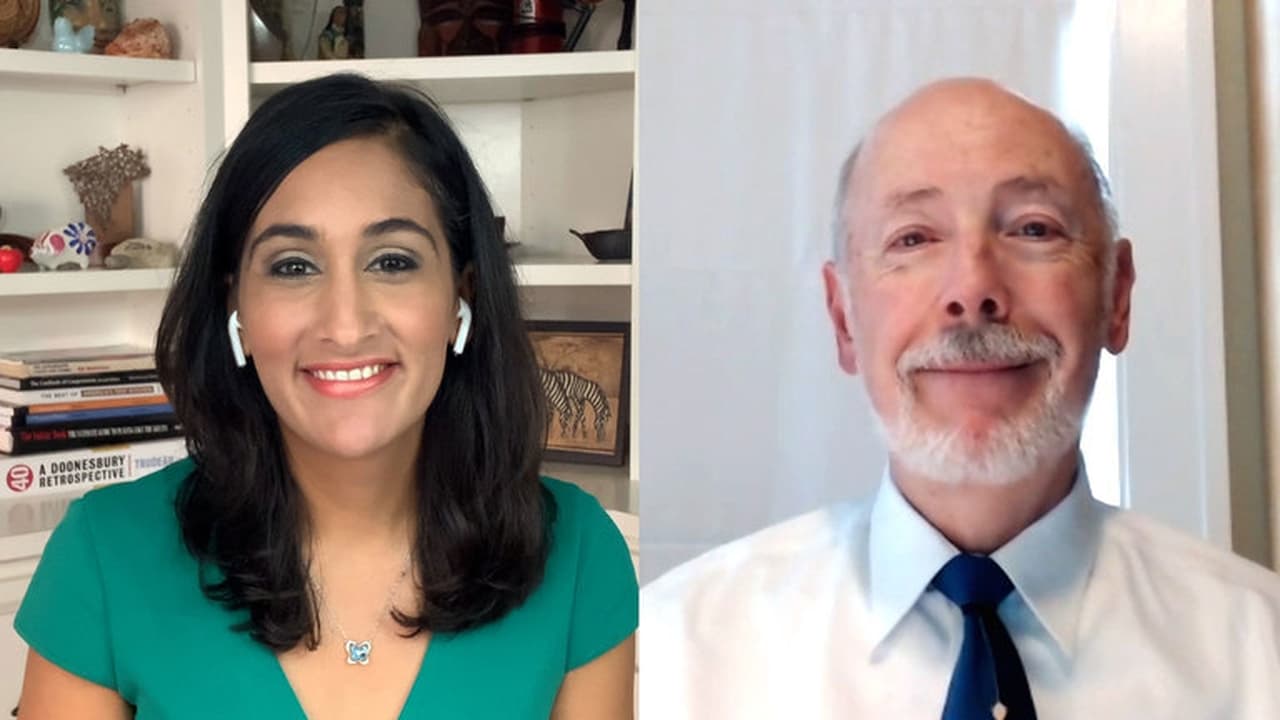
Shohei Ohtani, Making Inroads in America: Jeff Fletcher / National Baseball Writer and Chairman of LA Chapter of the Baseball Writers Association of America
Episode 14 - 8-10-2021

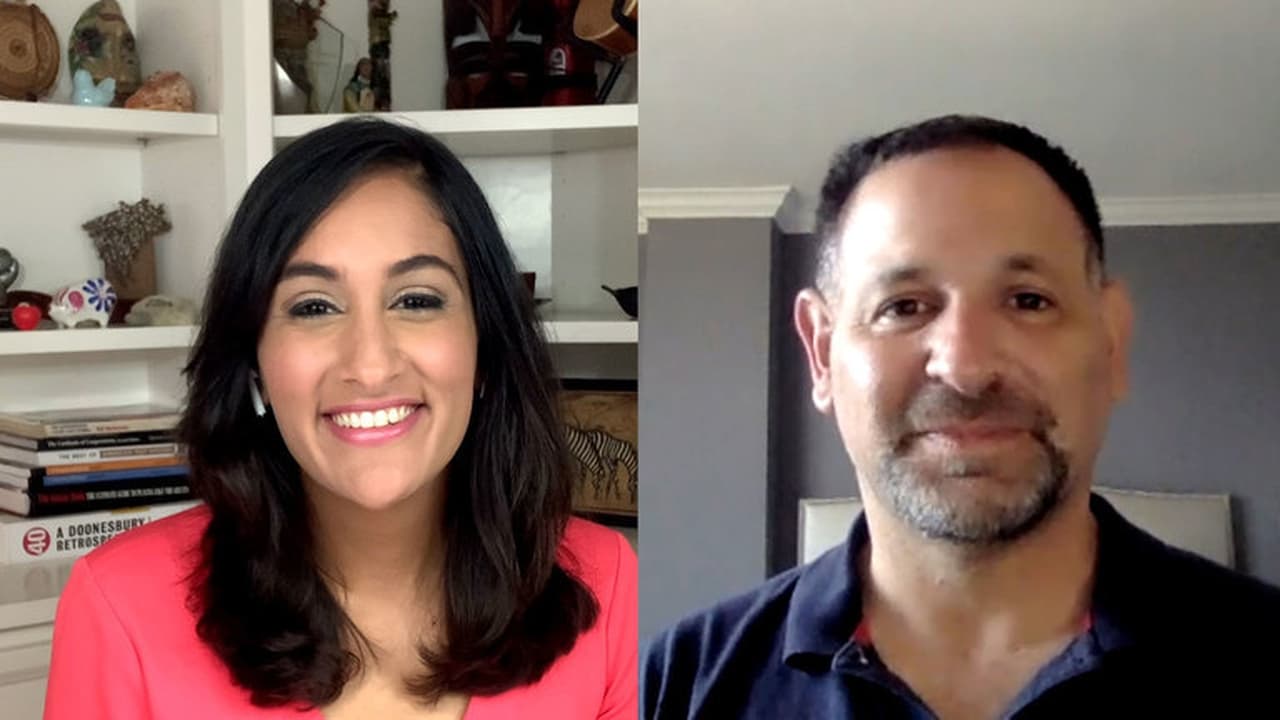
The New Alzheimer's Drug - Are We Closer to a Cure?: Caleb Alexander / Professor of Epidemiology and Medicine, Johns Hopkins Bloomberg School of Public Health
Episode 13 - 8-03-2021

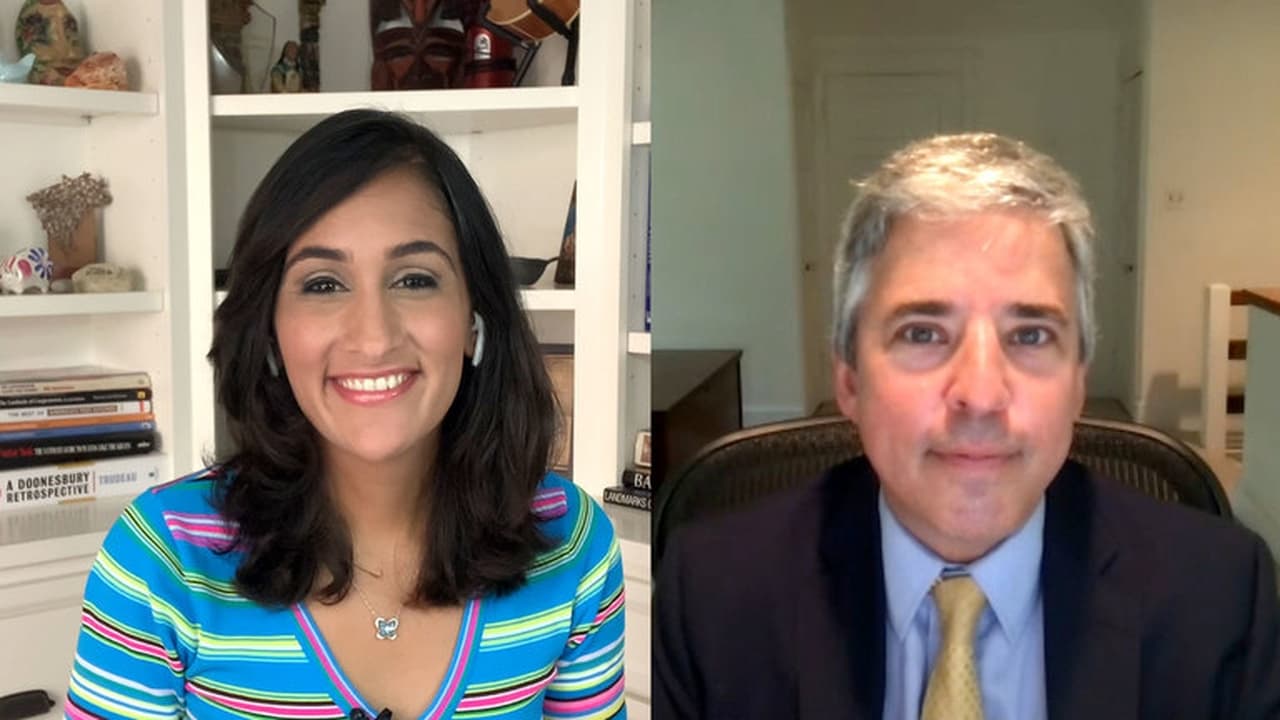
How Do We Cope with Coronavirus Variants?: Caleb Alexander / Professor of Epidemiology and Medicine, Johns Hopkins Bloomberg School of Public Health
Episode 12 - 7-27-2021

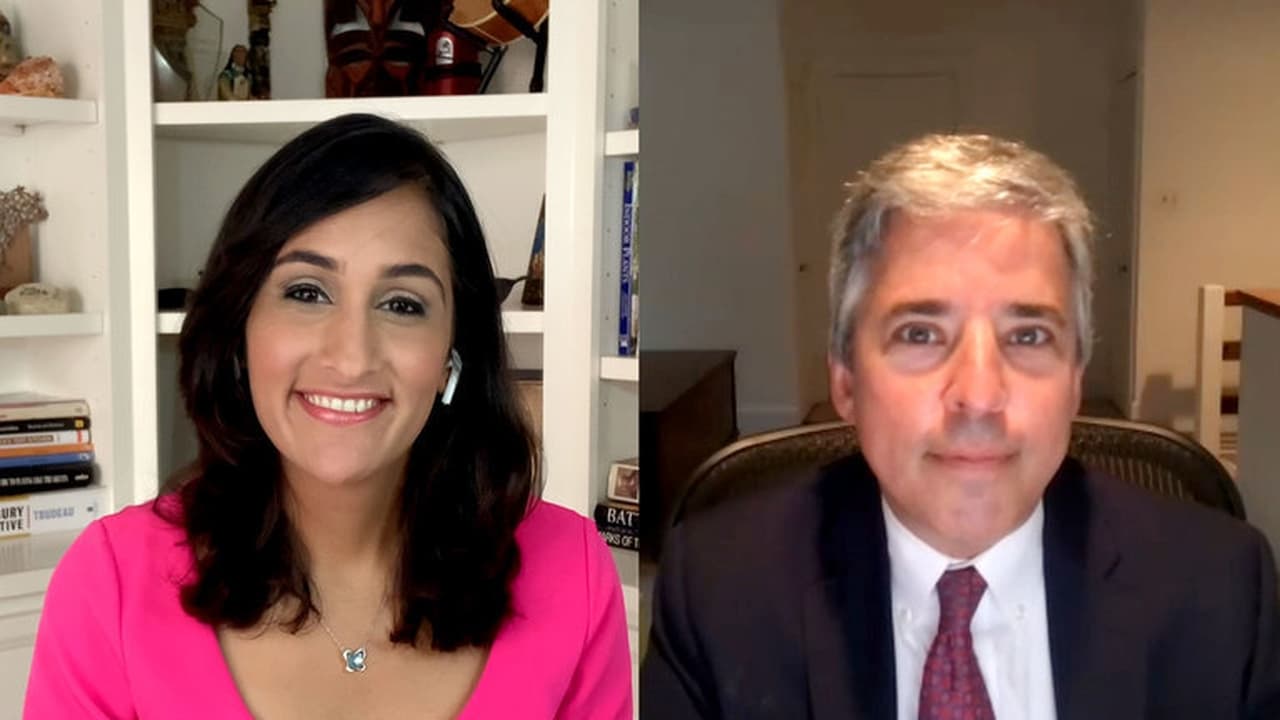
How Do Athletes Deal with Pressure?: William Parham / Professor, Loyola Marymount University/Member of the US Olympic and Paralympic Committee's Mental Health Task Force
Episode 11 - 7-20-2021

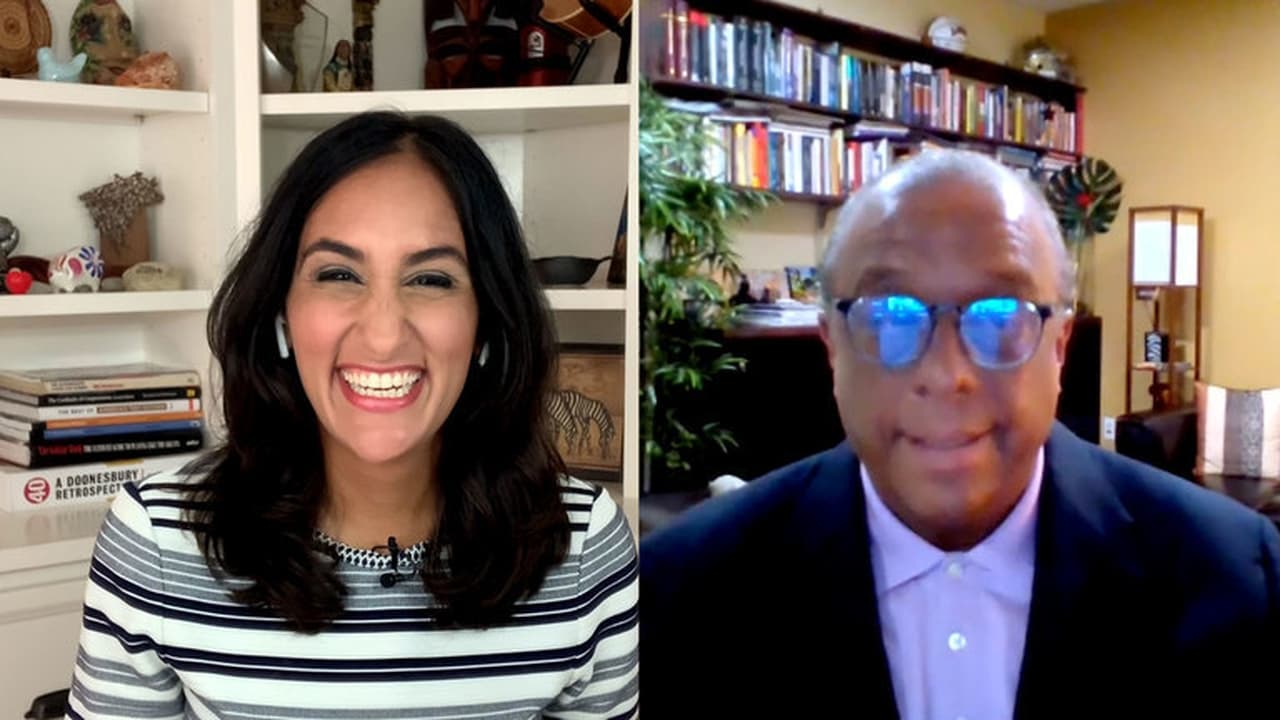
Power to Rollback Abortion Rights around the World: Mary Ziegler / Professor, Florida State University
Episode 10 - 6-29-2021

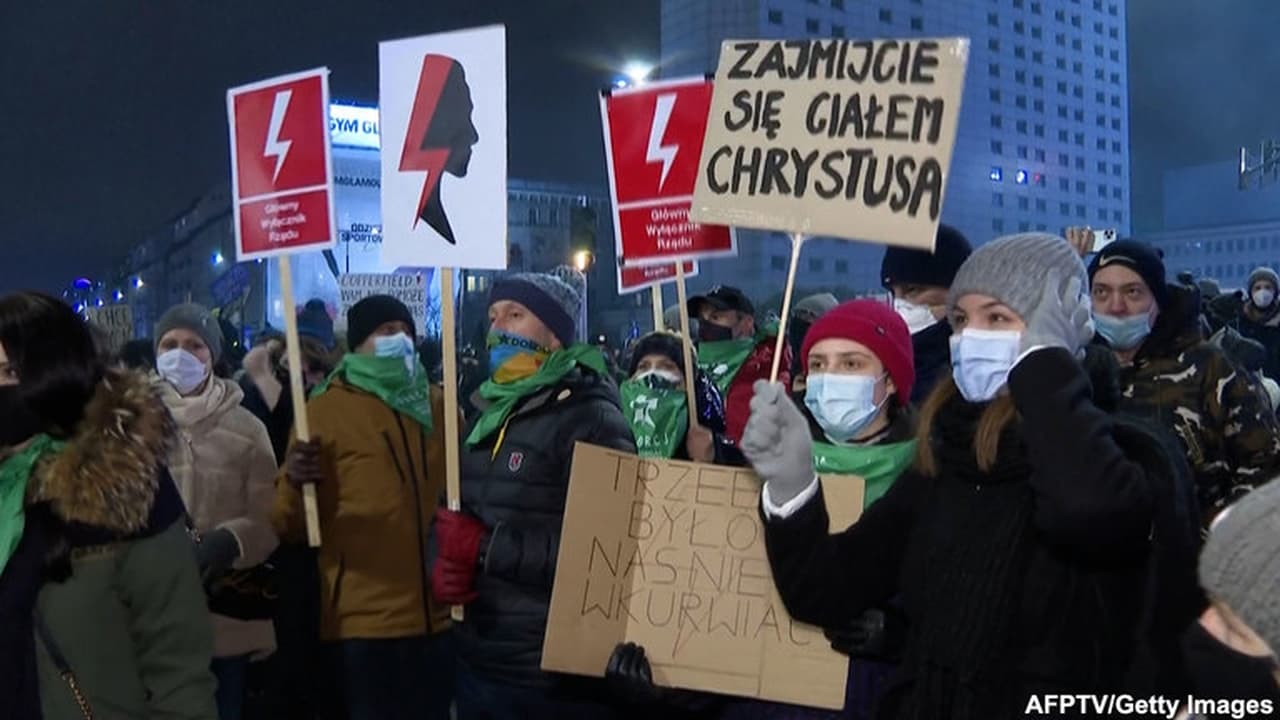
Will the Right to Abortion Be Overturned in the U.S.?: Mary Ziegler / Professor, Florida State University
Episode 9 - 6-22-2021

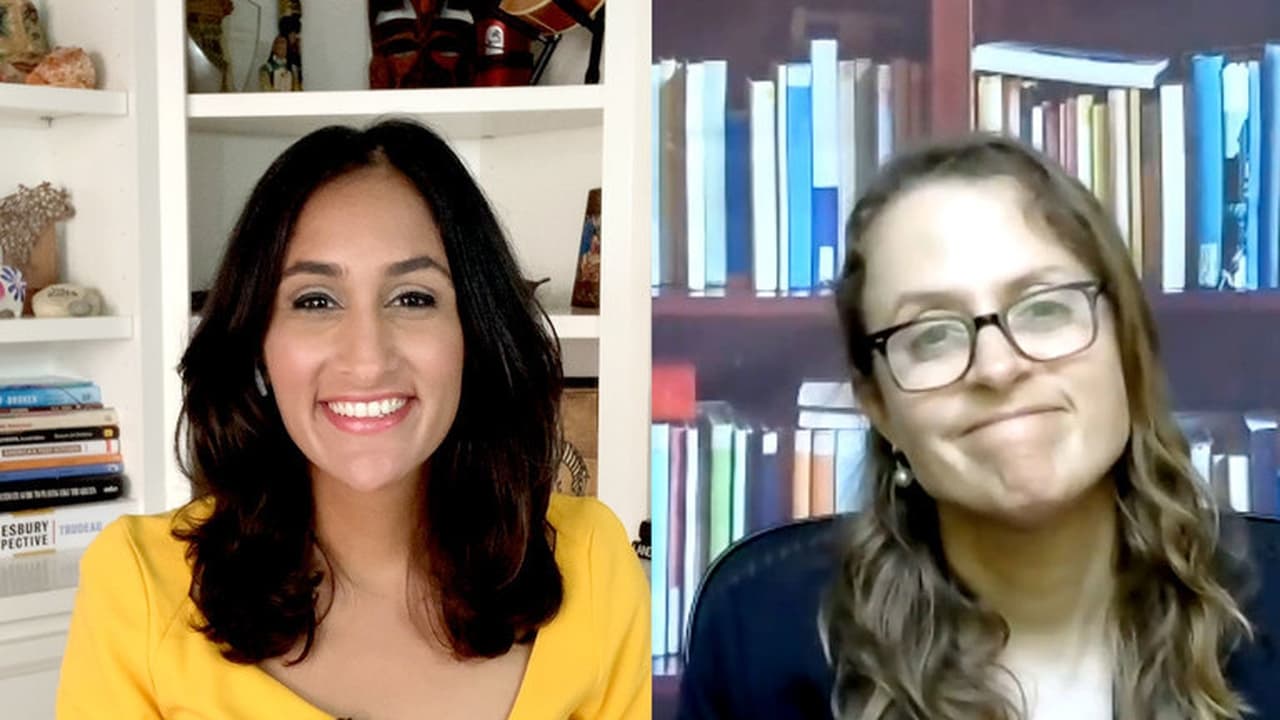
Future of Space Exploration: Michio Kaku / Theoretical Physicist, Professor at The City College of New York
Episode 8 - 6-15-2021

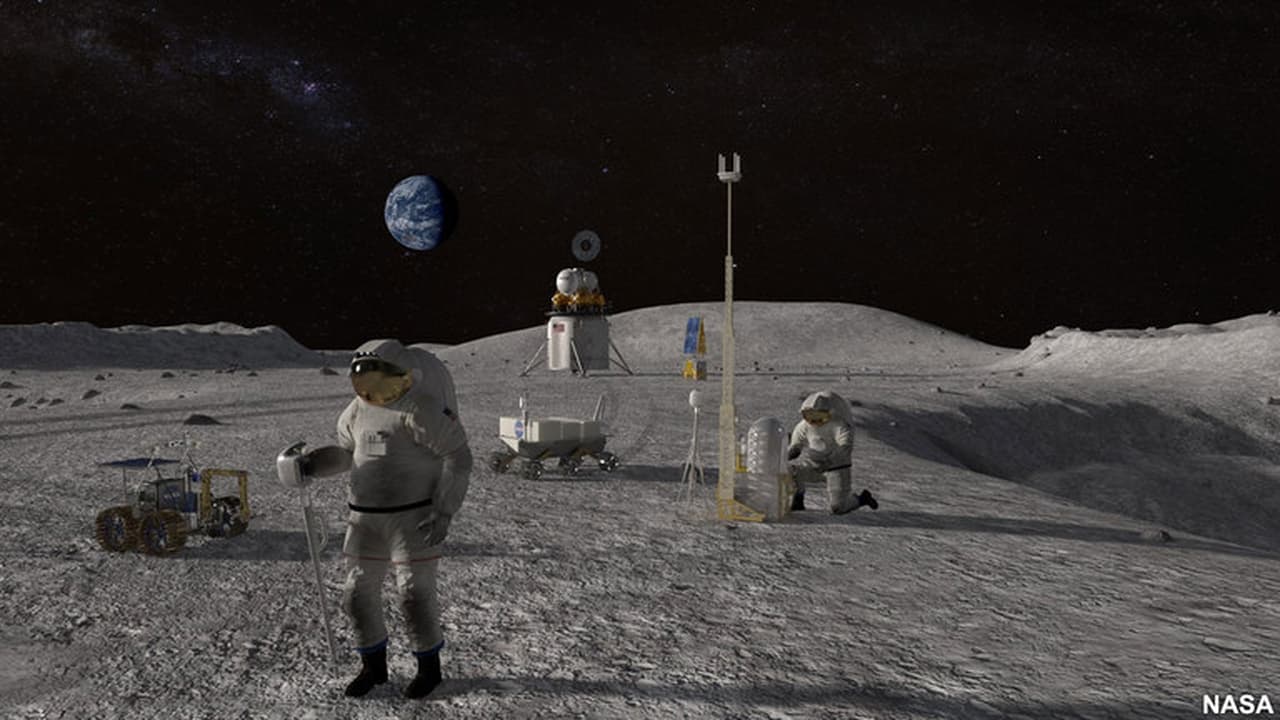
China's Challenge to US Dominance in Space Exploration: Michio Kaku / Theoretical Physicist, Professor at The City College of New York
Episode 7 - 6-08-2021

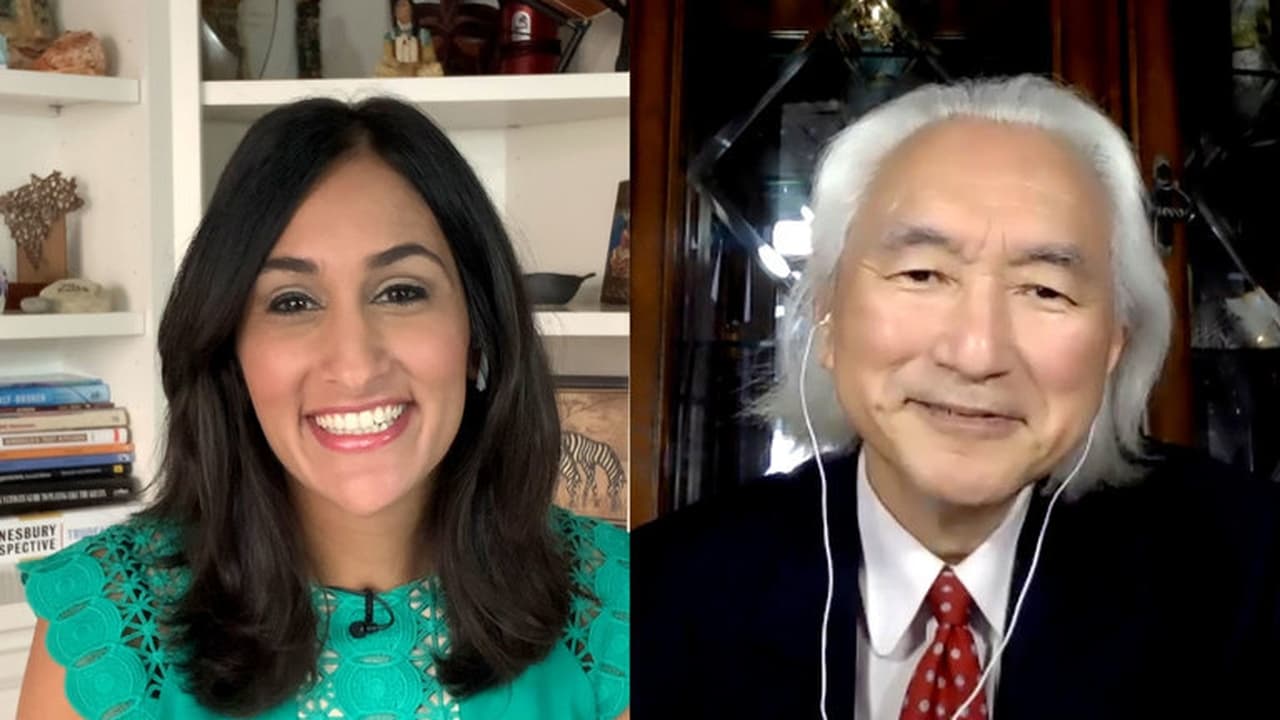
What Does US Withdrawal Mean to People in Afghanistan?: Cheryl Benard / Political Analyst, President of Alliance for the Restoration of Cultural Heritage
Episode 6 - 6-01-2021

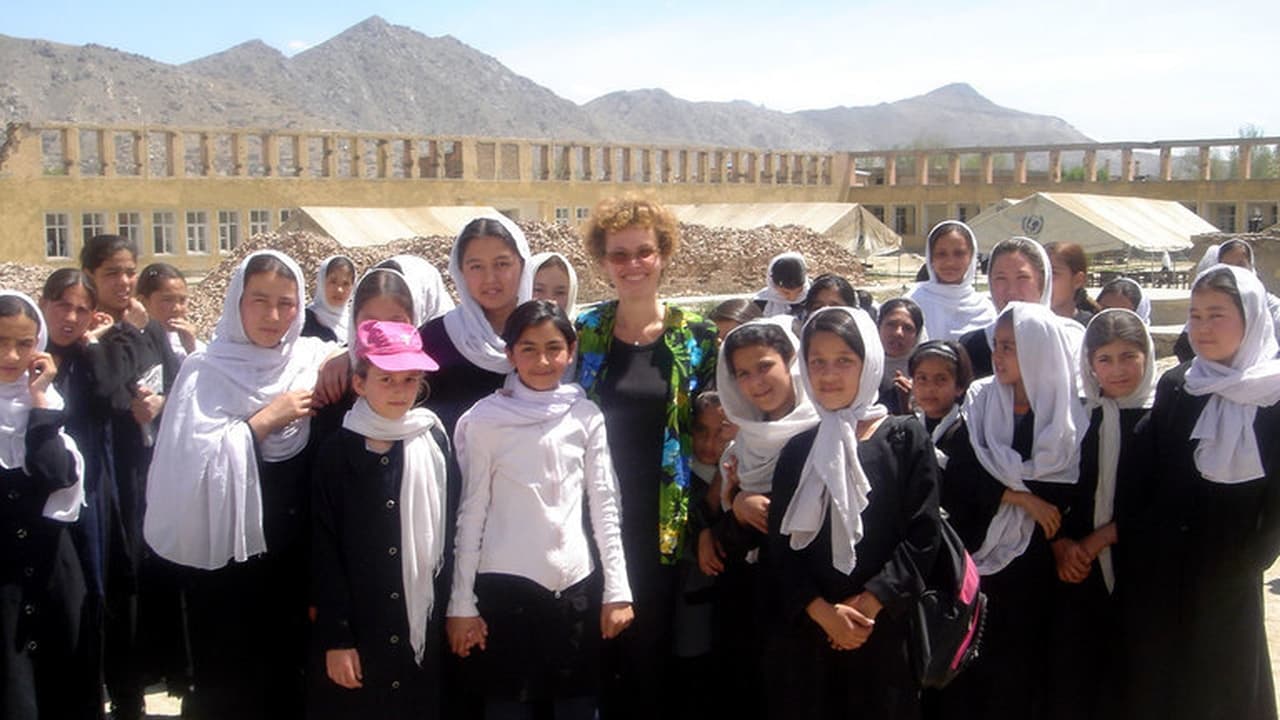
Impacts of US Withdrawal from Afghanistan: Cheryl Benard / Political Analyst, President of Alliance for the Restoration of Cultural Heritage
Episode 5 - 5-25-2021

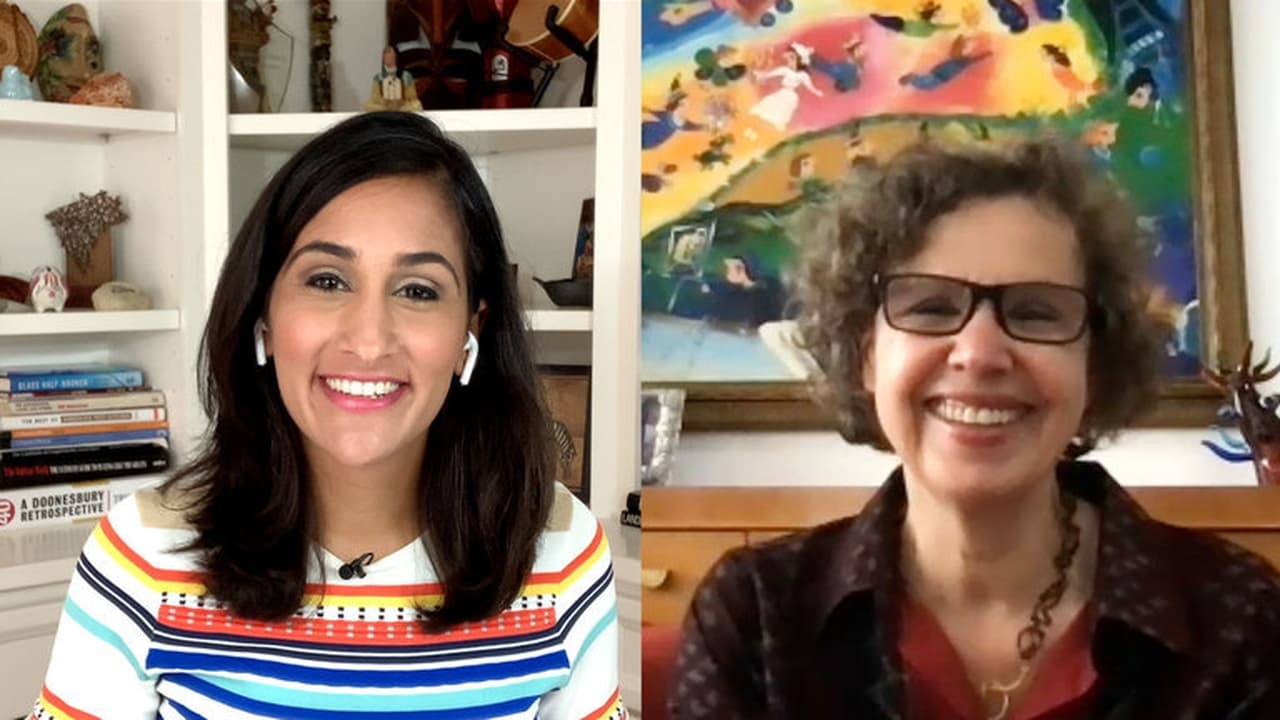
What Will Our Post-Pandemic Future Look Like?: Akiko Iwasaki / Professor of Immunobiology, Yale University / Howard Hughes Medical Institute
Episode 4 - 5-04-2021

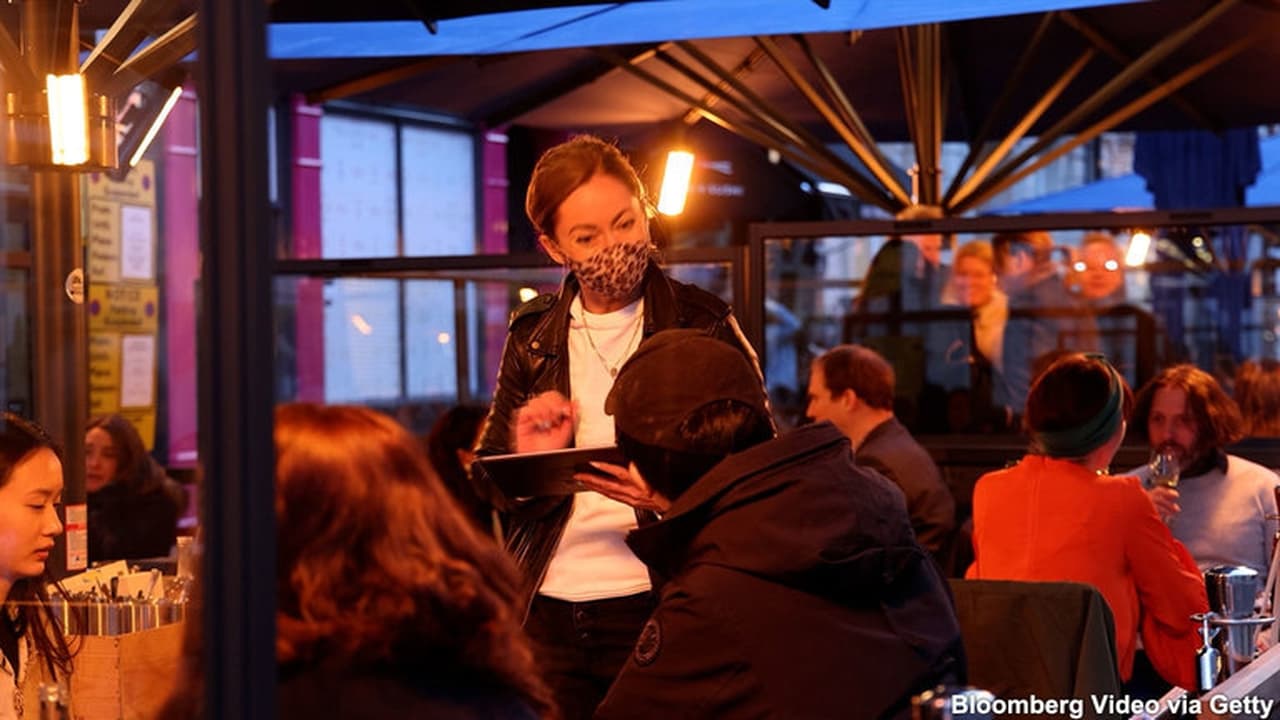
Vaccinations - The Global Response to COVID-19 a Year On: Akiko Iwasaki / Professor of Immunobiology, Yale University / Howard Hughes Medical Institute
Episode 3 - 4-27-2021

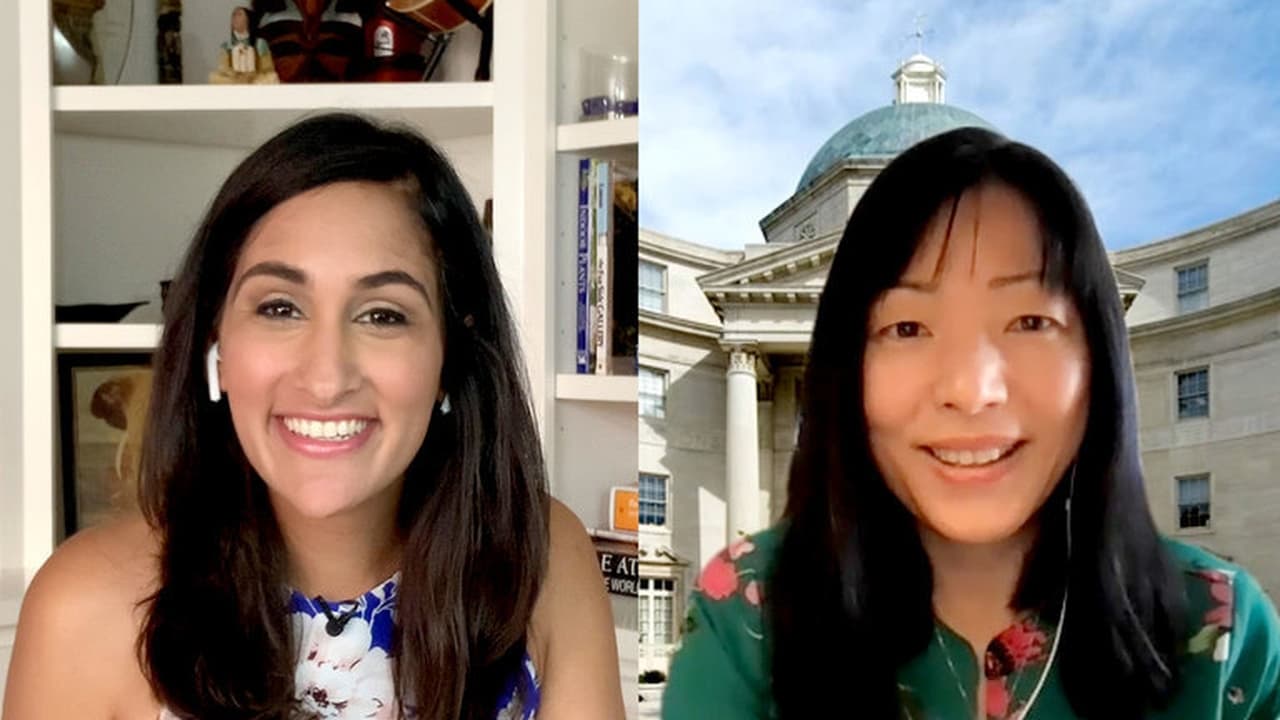
Tackling Climate Change: Mark Jacobson / Professor of Civil and Environmental Engineering, Stanford University
Episode 2 - 4-20-2021

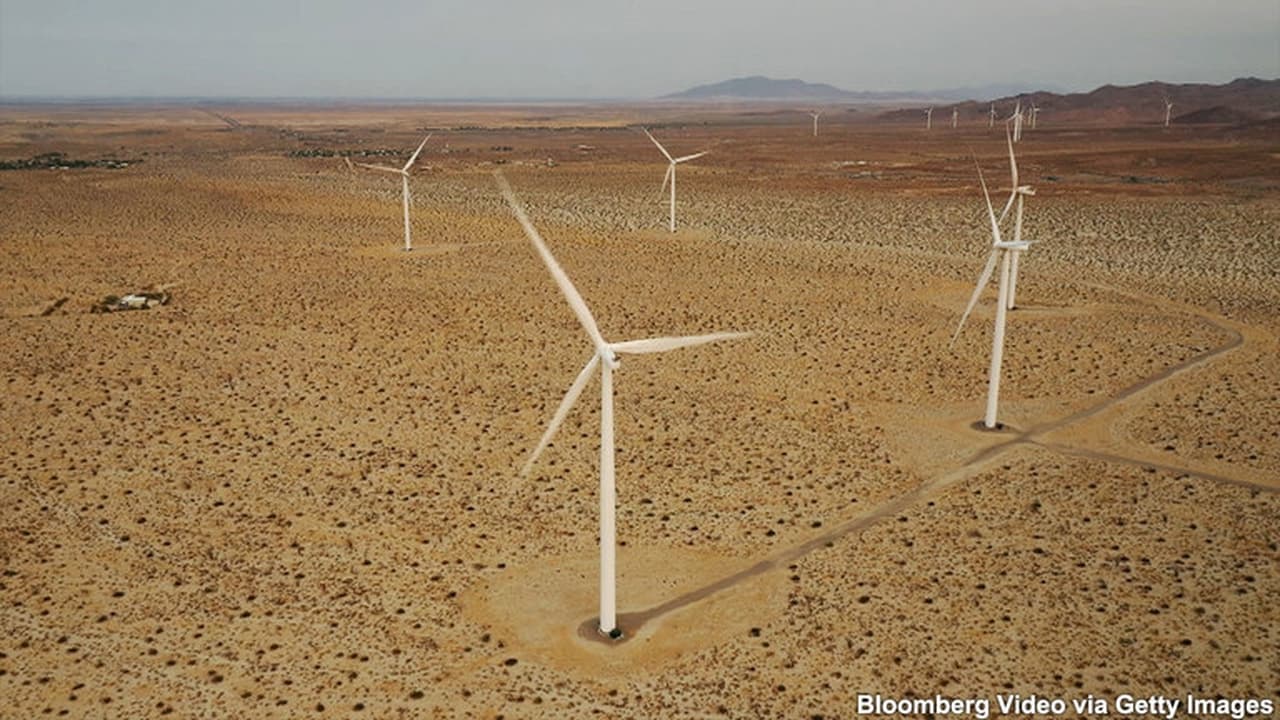
Challenges of the Leaders Summit on Climate: Mark Jacobson / Professor of Civil and Environmental Engineering, Stanford University
Episode 1 - 4-13-2021

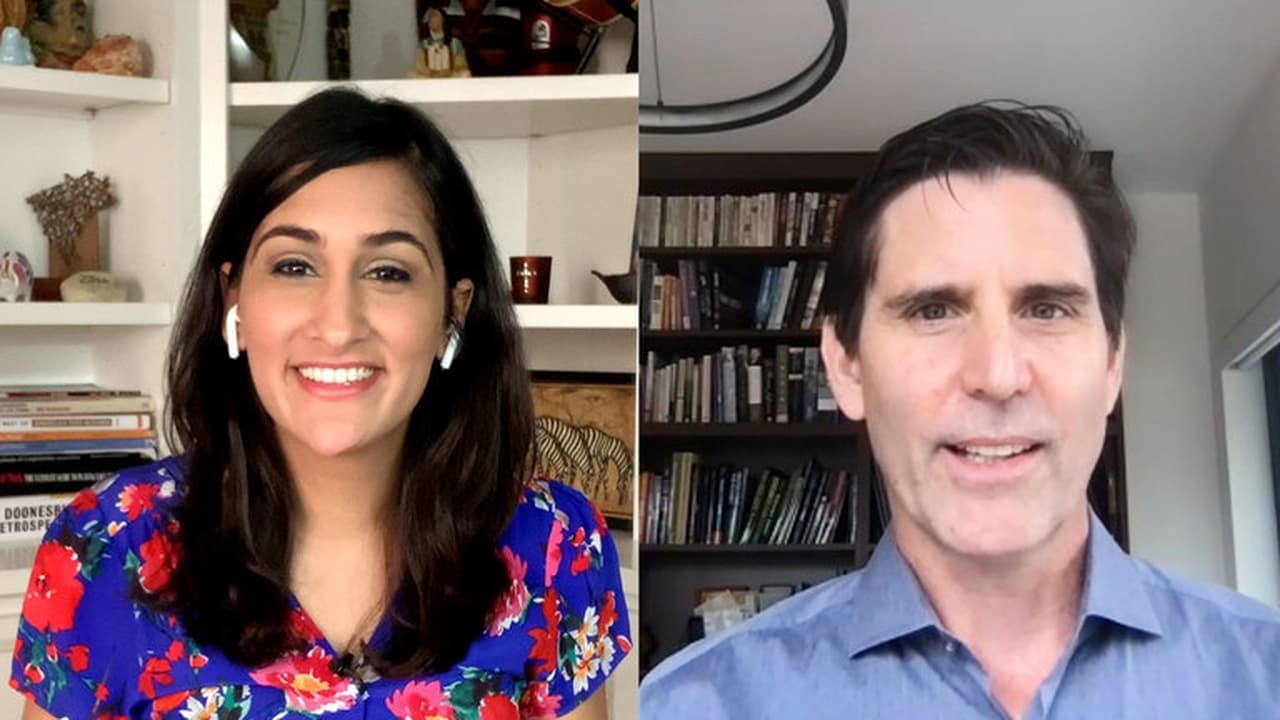

Season 1
President Biden's Foreign Policy Challenges: Charles Kupchan / Professor of International Affairs, Georgetown University
Episode 25 - 2-16-2021


Combating Hunger During the Pandemic: Valerie Guarnieri / Assistant Executive Director, World Food Programme
Episode 24 - 2-09-2021


How Can the Biden Administration Achieve Its Agenda?: Capri Cafaro / Professor of Public Affairs, American University/Former Democratic Leader of the Ohio State Senate
Episode 23 - 2-02-2021


How Will the Capitol Riot Be Reckoned with in US History?: Jill Lepore / Professor of American History, Harvard University
Episode 22 - 1-26-2021


Challenges in 2021: Walter Isaacson / Author, Professor of American History and Values at Tulane University
Episode 21 - 1-05-2021


How Will 2020 Be Remembered?: Walter Isaacson / Author, Professor of American History and Values at Tulane University
Episode 20 - 12-29-2020


How Can Women's Political Participation Be Enhanced?: Debbie Walsh / Director, Center for American Women and Politics, Rutgers University
Episode 19 - 12-15-2020


How Has America Changed?: Yo-Yo Ma / Cellist
Episode 18 - 12-01-2020


How Music Can Give Comfort During the Pandemic: Yo-Yo Ma / Cellist
Episode 17 - 11-24-2020


The US Election and its Effect on Asia: Mike Mochizuki / Associate Professor of Political Science and International Affairs, The George Washington University
Episode 16 - 11-03-2020


Athletes and Activism: Matthew Futterman / Sports Journalist, New York Times
Episode 15 - 10-20-2020


Sports in the COVID-19 Era: Matthew Futterman / Sports Journalist, New York Times
Episode 14 - 10-13-2020


Securing Equitable Distribution of COVID-19 Vaccines: William Moss / Executive Director, International Vaccine Access Center, Johns Hopkins University
Episode 13 - 10-06-2020


When Could a COVID-19 Vaccine Be Ready?: William Moss / Executive Director, International Vaccine Access Center, Johns Hopkins University
Episode 12 - 9-29-2020


Is it the Right Time to Reopen Schools?: Borhene Chakroun / Director, Division for Policies and Lifelong Learning Systems, UNESCO
Episode 11 - 9-08-2020


Fighting Anti-Asian Racism: Russell Jeung / Professor of Asian American Studies, San Francisco State University
Episode 10 - 8-25-2020


75-years on, Is the World Safer from Nuclear Threat?: Daryl Kimball / Executive Director, Arms Control Association
Episode 9 - 8-11-2020


2020 US Presidential Election Outlook: Rachel Bitecofer / Senior Fellow, Niskanen Center
Episode 8 - 7-14-2020


Transportation and the Pandemic: Sarah Kaufman / Associate Director, New York University Rudin Center for Transportation
Episode 7 - 7-07-2020


How Has the Pandemic Changed U.S. Higher Education?: Robert Franek / Editor-in-Chief, The Princeton Review
Episode 6 - 6-23-2020


What Will it Take to Stop Racism and Police Brutality?: Damon Hewitt / Executive Vice President, Lawyers' Committee for Civil Rights Under Law
Episode 5 - 6-16-2020


What Does the Post-Pandemic Labor Market Look Like?: Erica Groshen / Labor Economist, Cornell University/Former Commissioner of the US Bureau of Labor Statistics
Episode 4 - 6-09-2020


Fighting Coronavirus in Africa: Tsion Firew / Special Advisor to the Ministry of Health in Ethiopia, Doctor of Emergency Medicine at Columbia University Medical Center
Episode 3 - 5-12-2020


What's Happening in Emergency Rooms: Tsion Firew / Doctor of Emergency Medicine at Columbia University Medical Center, Special Advisor to the Ministry of Health in Ethiopia
Episode 2 - 5-05-2020


Coping with the Coronavirus Pandemic: Jo Ivey Boufford / Clinical Professor of Global Health, New York University
Episode 1 - 4-28-2020


